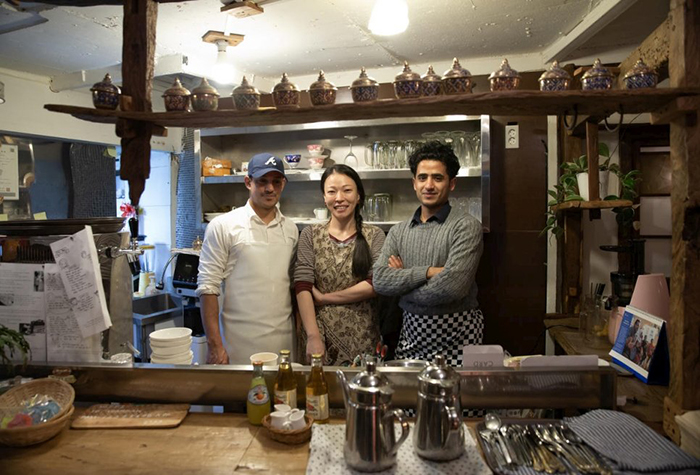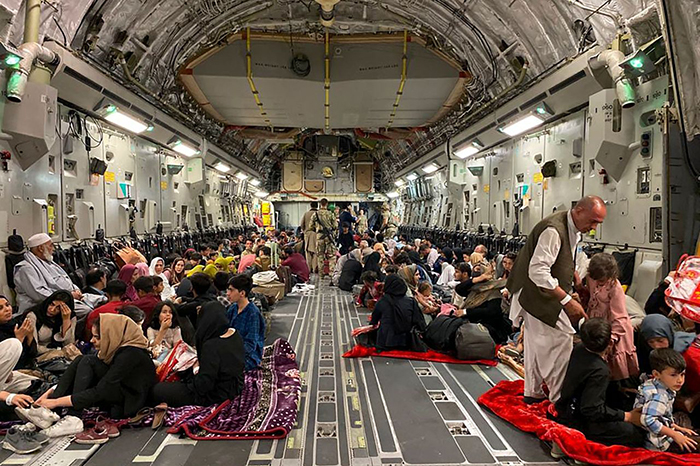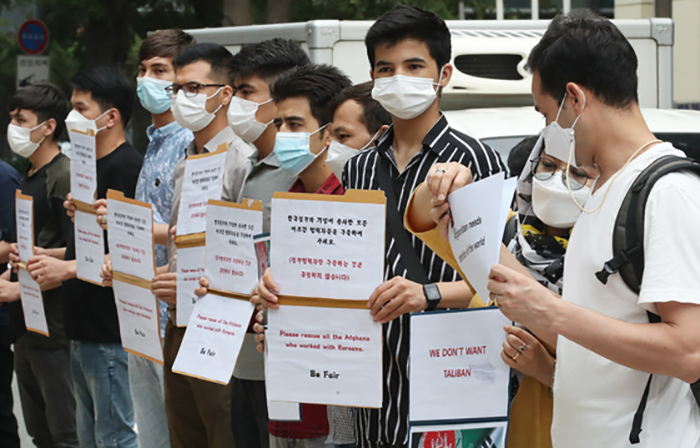


As much as any other concept, what perception we may have of what makes a place a ‘home’ is going to be different for each person. For instance, some people might not see a house or an apartment as a ‘home’; instead, they might consider it to be the country where they were born in. Furthermore, a ‘home’ might not even be a place, but the state of being together with the people they care about. Despite the wide range of aspects that can embody one, for plenty of people it is almost impossible to find a place, a state of living, or a setting to call ‘home’. A prime example for this in the international sphere is the one seen with refugees.
Korea has had a lengthy history related to refugees. Throughout Korean History there have been several events in which either Koreans had had to search for a better life outside of their country, or Korea has had to receive many people in search for a place to call home. This has been an issue especially on Jeju Island, as both of the previously mentioned cases have taken place here.
According to The Journal of Korean Studies, during the Jeju 4‧3 Uprising, around 40,000 Jeju residents fled to Japan to seek asylum. On the other hand, as recently as in 2016, around 500 Yemeni people came to the Island looking for a place to stay while fleeing from the civil war in their country. As they did not need any type of visa for entering the Island, many people tried to apply for refugee status to settle here for the long term. Nonetheless, both Jeju citizens and the government did not show a positive response to the considerable number of applications received, as concerns about security and crimes were raised among the civil society.
Despite several difficulties, now, instead of being refugees, Yemeni people are residents that have made their own families, that have opened their own businesses, and that have found happiness and security for them and their loved ones. As a matter of fact, in February of 2019, the first Yemeni restaurant on Jeju Island called ‘Wardah’ was opened to great success.
Unfortunately, new international conflicts arise daily, and many more people are displaced from their homes each day. The recent conclusion of the War between Afghanistan and United States has shaken the whole world, as the Taliban has regained power after almost 20 years. Just as President Biden announced the withdrawal of U.S. forces in the country, the Taliban and their people started acting out a broad offensive in which their army captured most of Afghanistan. Consequently, the president fled the country, and multiple diplomats and nationals were evacuated. BBC News states that around 2.6 million Afghans have left their country and are seeking asylum. Afghans have gone through several risks to flee from their country, as they have passed through Taliban checkpoints, got to the airport, and had to bear the threat of terrorist attacks, desperately waiting for their chance to escape.
Multiple countries have allowed refugees in their territories. Yet, at least in Korea, due to the recent events with Yemeni refugees, several people have expressed their distress and unwillingness to receive asylum seekers, especially due to economic concerns caused by the pandemic. So far, the Korean Government has allowed 430 Afghans to stay temporarily. Additionally, the Government has also granted permanent resettlement to 391 Afghans evacuated from Kabul declaring them as ‘friends’, as they spent years working closely with Korean diplomats and different professionals that lived there. The government will provide the Afghans with Korean language classes and other education to help them adapt.
For the roughly 430 Afghans already living in South Korea on temporary visas, the uncertainty is terrifying. And while South Korea has been a multicultural society for quite a long time, there are still issues to be solved within its social structures regarding its openness towards other races. Hopefully, the fate of Afghan people in this country will present an opportunity to Korean society to go forward. In the end, no matter where it might be, every person has a right to find a ‘home’.

